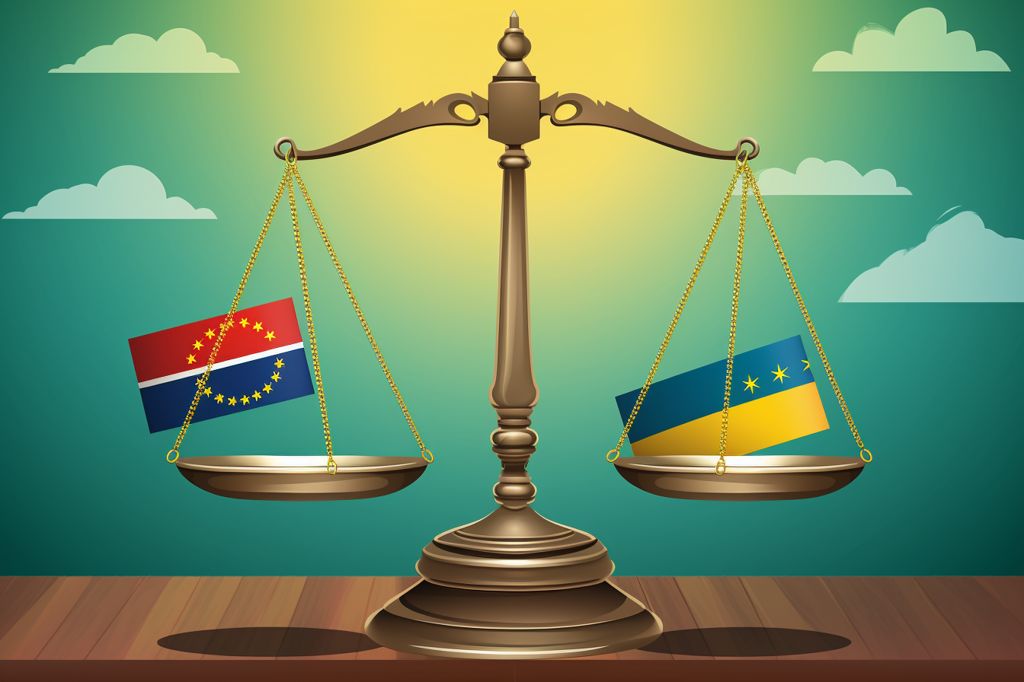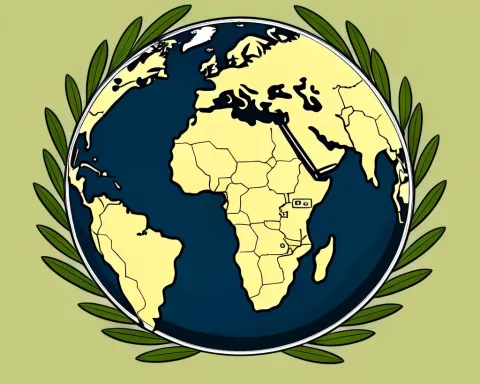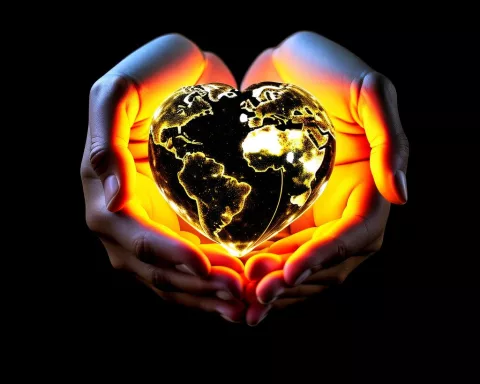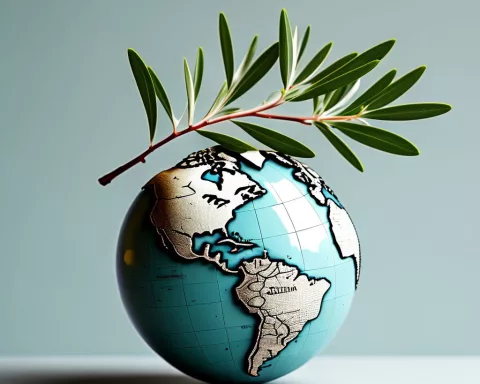South African President Cyril Ramaphosa has recently revealed the country’s concerns over the possibility of arresting Russian President Vladimir Putin during his visit to South Africa for the BRICS summit in August. The issue at hand highlights the fine line between maintaining diplomatic relationships and upholding global justice.
Ramaphosa’s Affidavit
Ramaphosa’s affidavit, which was initially supposed to be confidential, was made public by the Gauteng High Court ruling. It highlights the South African government’s worries regarding the possible repercussions of executing an arrest warrant for Putin. According to Ramaphosa, Russia perceives the arrest of its president as an act of hostility, which could lead to a declaration of war. The South African leadership must weigh the risks to their national security against their commitment to international law.
The ICC’s Concerns
The International Criminal Court (ICC) has expressed concern over Russia’s nuclear capabilities in the face of the arrest warrant. Ramaphosa’s affidavit emphasizes South Africa’s lack of capacity and desire to wage war against Russia, with the priority being the protection of national sovereignty and peace.
The DA’s Demands
The Democratic Alliance (DA) demanded that the government arrest and surrender Putin to the ICC. The Russian president had an arrest warrant issued against him in March for alleged war crimes related to the invasion of Ukraine. The case is scheduled for open court arguments later this week.
The BRICS Summit
The BRICS summit is a platform for cooperation and development among its members – Brazil, Russia, India, China, and South Africa. However, the brewing conflict over Putin’s arrest threatens to derail the essence of this alliance. The South African government must balance the pursuit of justice with maintaining diplomatic relations.
The Crucial Decision
The South African government faces a crucial decision – whether to adhere to international law and carry out the arrest or prioritize national security and peaceful relations with Russia. The outcome could shape the future trajectory of international politics.
The Broader Implications
The outcomes of this case could not only have profound consequences for South Africa and Russia but also influence the broader global landscape. Nations worldwide grapple with the delicate balance between upholding the rule of law and maintaining peace and stability.
The case of President Putin’s arrest warrant at the BRICS summit serves as a microcosm of the complex challenges that define our contemporary world order. It compels us to ponder the intricacies of diplomacy and the pursuit of justice in an ever-evolving international arena.












